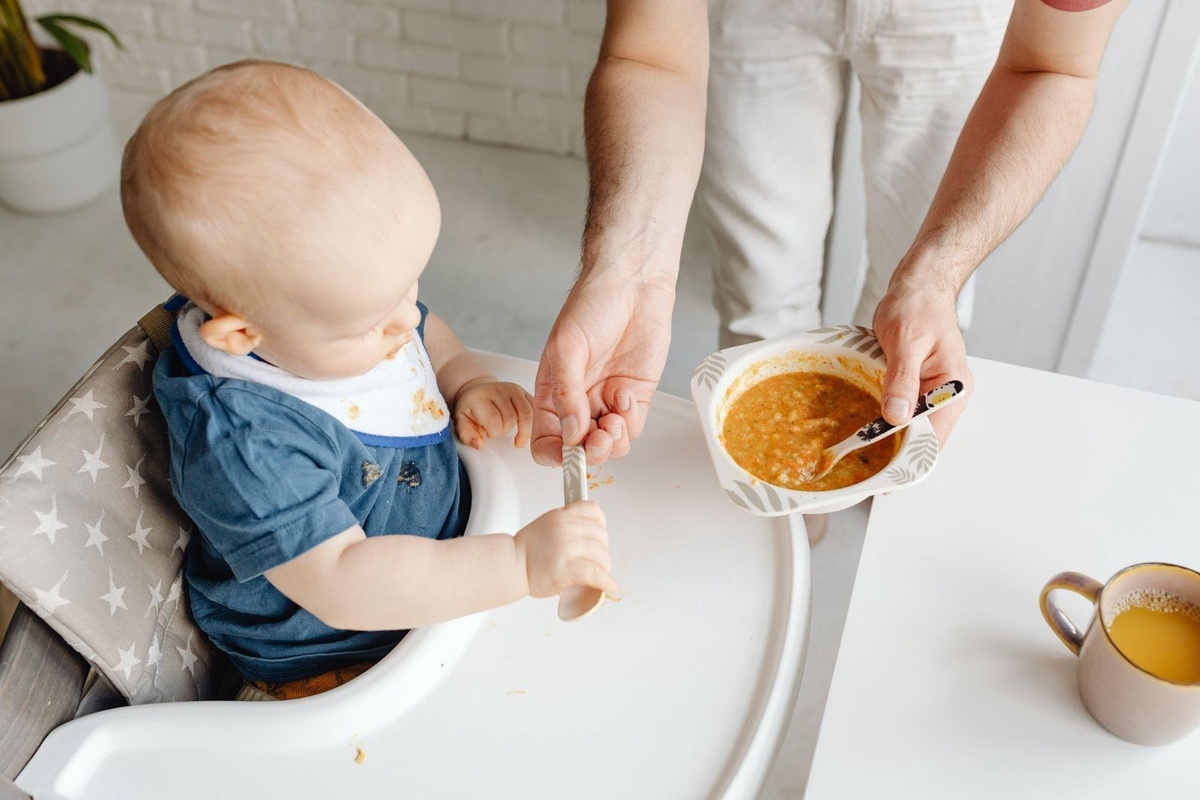One of the important milestones in parenting is introducing your little one to solid foods when they are six months of age. Many parents are faced with a choice of whether they should make the baby food at home or buy it from UK online supermarkets. Homemade or store-bought baby food comes with its advantages and downsides, so you should understand them to make the right choice for your baby.
Which is Healthier, Homemade or Store-Bought Baby Food?
With homemade baby food, you get complete control over the ingredients. You can make use of only organic produce, control the texture and flavour, and avoid harmful additives. On the other hand, store-bought baby food offers convenience since you can easily buy it when you shop UK groceries online. They come in different flavours and combinations to give your baby a great start in solid food while transitioning from infant formula.
Pros and Cons of Homemade Baby Food
If you're considering making baby food for your little one, here are the pros and cons of homemade food to keep in mind.
Pros:
- Control Over Ingredients:
Homemade baby food offers parents control over the ingredients. It allows you to choose fresh, high-quality ingredients, ensuring that your baby receives optimal nutrition and enjoys sweet food.
- Tailored to Preferences:
You can customise the flavours and textures based on your baby's preferences and gradually introduce a variety of tastes when you make baby food at home.
- Cost-Effective:
Making baby food at home can be more budget-friendly, especially when buying ingredients in larger quantities. It can help parents on a budget save money.
Cons:
- Time-Consuming:
Preparation and cooking can be time-consuming, which may be challenging for parents with busy schedules. Furthermore, you have to be very careful with utensils like a food processor, as any mistake can harm your baby's health.
- Short Shelf Life:
Homemade baby food typically has a shorter shelf life than store-bought options, requiring more frequent preparation. You'll have to make the food regularly as your baby grows.
Pros and Cons of Store-Bought Baby Food
If you've decided to buy a variety of foods from British grocery stores in your neighbourhood, online stores or food grocery delivery services like McGrocer instead, here are the pros and cons to consider.
Pros:
- Convenience:
Store-bought baby food offers the ultimate convenience – ready-to-eat meals that can be easily packed for on-the-go feeding. With UK stores online, you can get the baby food delivered in perfect condition and prepared for your baby.
- Time-Saving:
For parents with busy lifestyles, store-bought options save time and effort compared to preparing baby food from scratch. Buying from UK stores with worldwide delivery helps you save time with feeding your baby.
- Variety of Flavors:
Commercial baby food brands offer a vast array of flavours and combinations, introducing your baby to a diverse palate. They also come with nutrients and vitamins for a balanced diet. You can ask for variety when you visit UK stores with global delivery.
Cons:
- Preservatives and Additives:
Some shop-bought foods may contain preservatives, additives, or added sugars, which might be a concern for parents aiming for a more natural diet. Many parents are worried about heavy metals in baby food. It's best to ask places that sell British groceries for baby food without preservatives and additives.
- Cost:
While convenient, store-bought baby food can be more expensive in the long run, especially if your baby consumes a significant amount. Look for affordable options at a British supermarket with worldwide delivery.
Best UK Store-Bought Baby Food For Your Little One
If you're considering store-bought options, some UK brands stand out for their commitment to providing wholesome and nutritious baby food. These brands are usually available at UK food delivery services. Here are a few notable choices:
Little Freddie:
Little Freddie is renowned for its organic baby food, emphasising the use of high-quality, locally sourced ingredients. The brand offers a diverse range of flavours and textures suitable for different stages of your baby's development. Little Freddie baby food can be easily purchased when you shop UK stores online.
Ella's Kitchen:
Ella's Kitchen is a trusted name in the world of organic baby food. With its colourful pouch packaging and a commitment to using organic ingredients, Ella's Kitchen provides a wide variety of flavours, making mealtime an exciting and nutritious experience for your little one. It's the ideal choice if you want your baby to eat organic food as a source of nutrition, and it can be purchased through UK online shopping with international delivery.
Annabel Karmel:
Annabel Karmel, a well-known children's nutrition expert, has a line of baby food products designed to introduce a variety of tastes to your baby. The brand focuses on providing balanced and nutritious options that cater to different developmental stages, cleverly incorporating fruit and vegetable variety into meals. The baby food can be purchased online, too, through British grocery stores.
What Are Ingredients to Avoid in Store-Bought Baby Food?
When shopping British groceries for store-bought baby food, it's essential to be mindful of certain ingredients. Baby food brands recommended on our list don’t have these ingredients. Common ones to avoid include:
- Added Sugars:
Check labels for hidden sugars, as excessive sugar intake at a young age can contribute to unhealthy eating habits later in life.
- Preservatives:
Some commercial baby foods may contain preservatives for extended shelf life. Go for options with minimal additives.
- Artificial Flavors and Colors:
Choose baby food that is free from artificial flavours and colours, focusing on products with a simple ingredient list.
Final Thoughts
There's no one-size-fits-all answer when choosing between store-bought and homemade baby food. Many parents find a balance that works for them, combining homemade meals when time allows and buying store-bought options from UK stores online for added convenience. Whether you choose homemade or store-bought baby food, the key is to provide a varied and nutritious diet that supports your baby's growth and development.


No comments yet